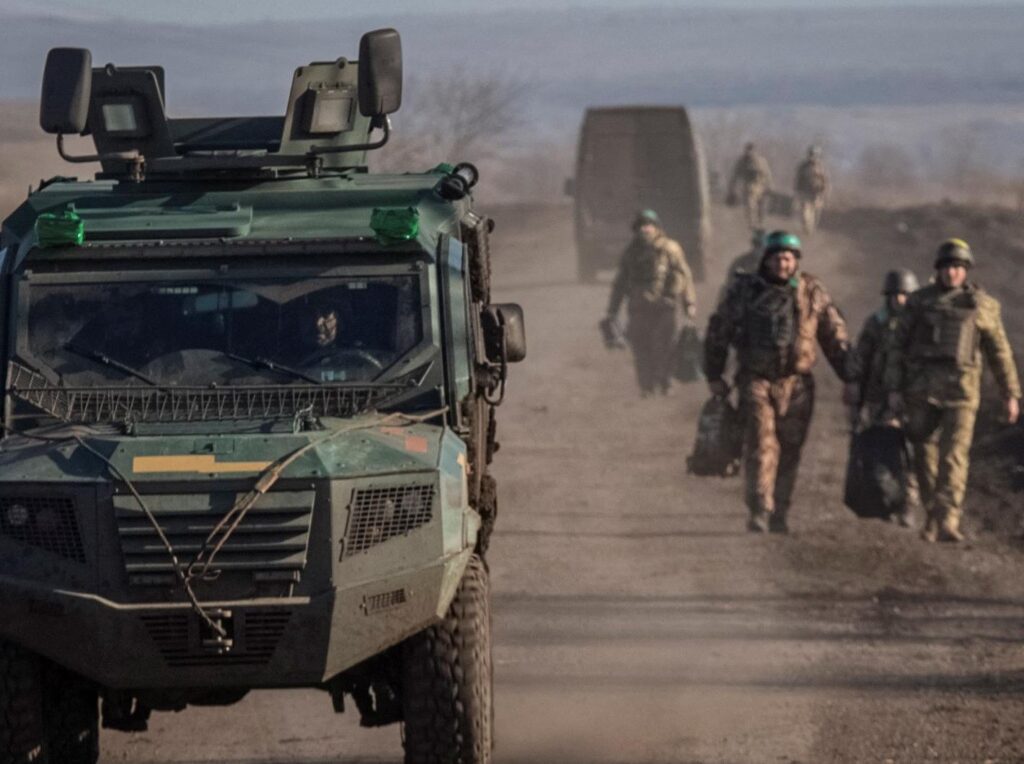This content discusses the importance of understanding the limits of military necessity and balancing warfare effectiveness with ethical considerations. It emphasizes the need for military decision-makers to recognize the role of ethical principles in shaping actions and strategies during armed conflicts. The concept of military necessity is defined as using any means necessary to achieve a legitimate military objective, but within the bounds of international humanitarian law and ethical guidelines. The content also highlights the importance of ethical considerations in mitigating civilian suffering and preventing excessive use of force. It discusses the principles of proportionality and distinction as key aspects of balancing warfare effectiveness and ethical considerations. Additionally, it emphasizes the legal and moral framework that guides military actions and the consequences of violating these principles. Overall, the content promotes a more humane and just approach to armed conflicts.
Understanding the Limits of Military Necessity: Balancing Warfare Effectiveness with Ethical Considerations
Introduction
War has always been a subject of intense debate and scrutiny. While the ultimate goal of warfare may be to achieve victory and secure the interests of a nation, it is essential for military decision-makers to recognize the limits of military necessity. Ethical considerations play a crucial role in shaping the actions and strategies employed during armed conflicts. Balancing warfare effectiveness with ethical principles is vital to ensure the preservation of humanity and minimize the impact on civilian populations.
Defining Military Necessity
Military necessity refers to the principle that allows combatants to use any means necessary to achieve a legitimate military objective. It focuses on the understanding that certain acts of violence and destruction are inevitable during warfare. However, military necessity is not an absolute concept and must operate within the bounds of international humanitarian law and ethical guidelines.
The Importance of Ethical Considerations
While military necessity acknowledges the undeniable need for violence and destruction in armed conflicts, ethical considerations provide the overarching framework within which these actions should be conducted. Ethical considerations ensure that military actions remain within moral boundaries and mitigate the suffering inflicted on civilian populations. Adopting ethical principles prevents excessive use of force, unnecessary destruction, and atrocities that arise from a lack of restraint.
Balancing Warfare Effectiveness and Ethical Considerations
Balancing warfare effectiveness with ethical considerations is a challenging task for military decision-makers. On one hand, military effectiveness is necessary to achieve strategic objectives and secure the nation’s interests. On the other hand, ethical considerations provide the necessary constraints to prevent unjustifiable collateral damage, indiscriminate attacks, and violations of human rights.
One key aspect of this balance is the principle of proportionality. Proportionality requires combatants to weigh the expected military advantage against the potential harm to civilians and civilian objects. Military decisions must be based on a reasonable assessment of these factors. The principle ensures that the level of force used is proportionate to the legitimate objectives pursued and avoids unnecessary suffering.
Another critical element is the principle of distinction, which demands combatants to differentiate between military objectives and civilians or civilian objects. This principle reinforces the responsibility of military forces to minimize harm to non-combatants and avoid targeting civilian infrastructure unless absolutely necessary. Proper adherence to this principle prevents unnecessary casualties and preserves essential civilian infrastructure such as hospitals and schools.
The Legal and Moral Framework
Military actions are guided not only by ethical considerations but also legal obligations. International humanitarian law, including the Geneva Conventions, provides a legal framework for armed conflicts by promoting the protection of civilians and limiting the methods and means of warfare. Violations of these laws can lead to severe legal consequences and damage to a nation’s reputation.
Moreover, adherence to ethical principles and a strong moral framework is crucial to maintain the support and trust of the international community. Engaging in actions that are perceived as unethical or disproportionate can lead to diplomatic isolation and loss of public support.
Conclusion
Understanding the limits of military necessity and striking a balance between warfare effectiveness and ethical considerations is vital in promoting a more humane and just approach to armed conflicts. The principle of military necessity, while acknowledging the need for violence, must operate within the boundaries set by ethical principles and international humanitarian law. By upholding these principles, military decision-makers can ensure the preservation of humanity, minimize civilian harm, and uphold the reputation of their nation on the global stage.
